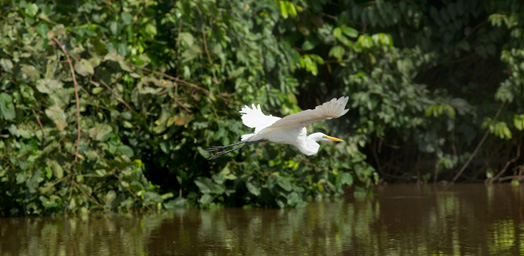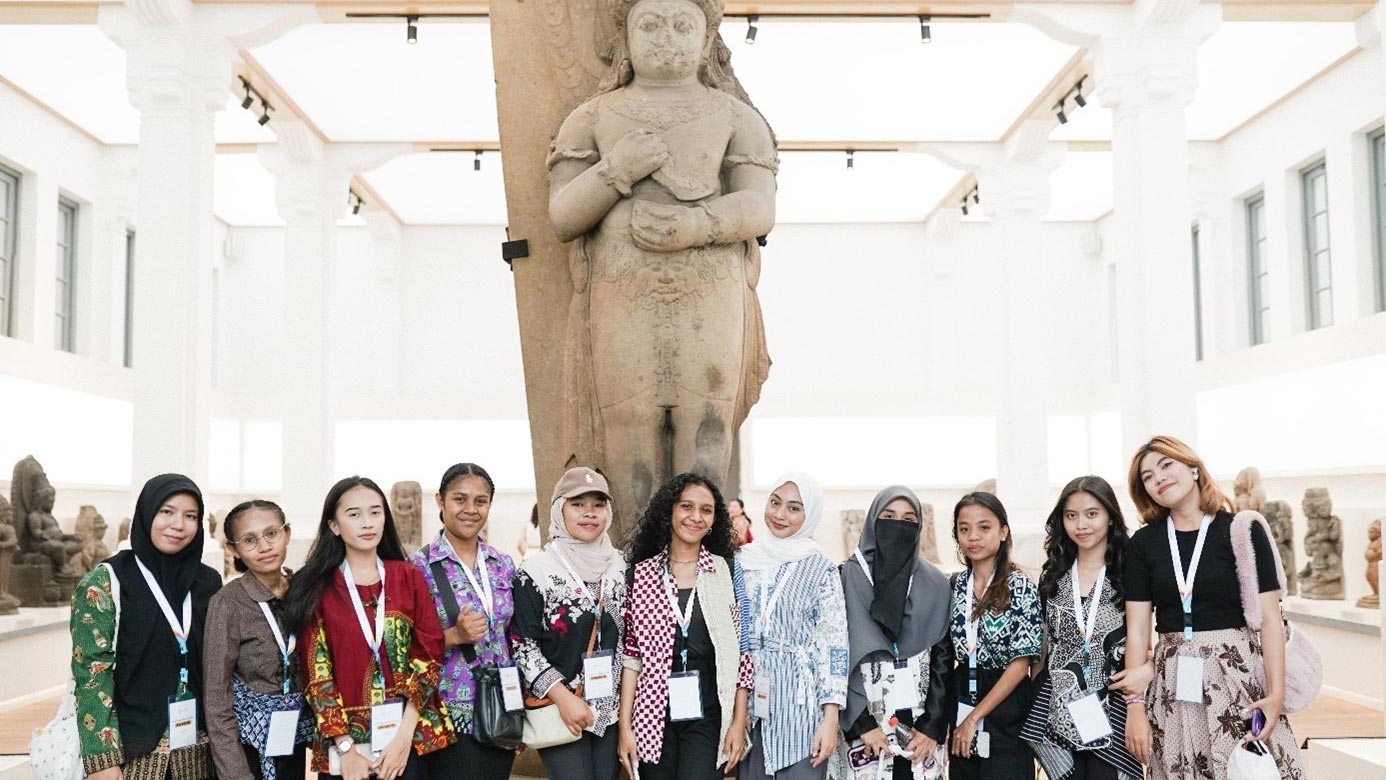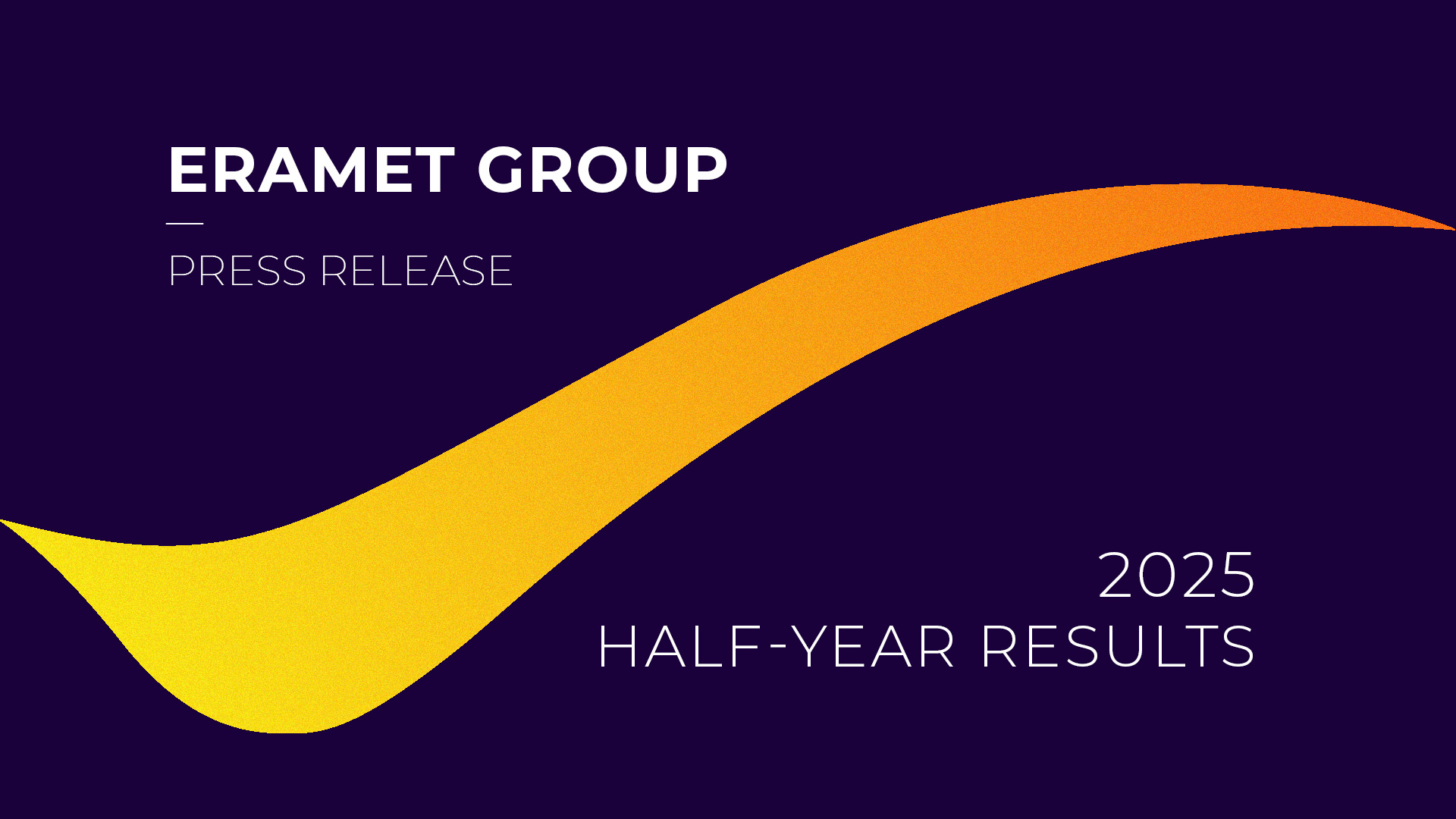Maboumine is exploring a polymetallic deposit in Gabon. After more than 20 months’ work, in September 2013 the company completed a baseline characterisation study, substantially enhancing environmental and socio-economic knowledge of the region. The work will also be the foundation for research into potential impacts from the construction of a pilot plant and an exploration pit in the first stage, and of the company’s future mining and industrial activities in subsequent phases.
Keen to develop a mining and industrial project that respects people and the environment, Maboumine opted to carry out an in-depth characterisation study on the initial environmental and social situation, in parallel to research on geological and ore beneficiation. The chosen methodology was based on the ERAMET Groupe’s experience, but also on international best practices in the mining sector. It called for a wide range of skills from both inside and outside the Groupe.
A wide-reaching study for a responsible project
Beginning in January 2012, the environmental baseline study took about a year and involved more than a hundred experts and scientists. Thanks to field assignments (observation, sampling), analyses and the setup of camera traps, the first inventories of the exploration zone’s flora and fauna were drawn up. They revealed the area’s biodiversity by identifying 112 plant families, 222 bird species, 125 insect families, 93 fish species, 55 amphibian species, 35 reptile species, 32 marge mammal species and 10 primate species.
In the summer of 2012 Maboumine also undertook a two-stage socio-economic study. The first phase consisted of bibliographical research and interviews with local authorities. The second involved 6 researchers who visited around 30 villages near the site in June and July 2013 to interview inhabitants in order to know more about their history, cultural heritage, activities and lifestyle. In addition, an archaeologist conducted a study of the mining site to look for any traces of human occupation.
The study’s progress was closely monitored by DGEPN, the environmental and nature protection agency overseen by Gabon’s water and forestry ministry. The agency welcomed the depth and value of the collected data, which Gabonese authorities and the scientific community will be able to consult.
Benchmark data to assess the impacts of ERAMET’s future activities
This in-depth inventory is essential to the development of the responsible project Maboumine is aiming for. From 2014, it will provide a benchmark for the assessment of any impacts of the future mining and industrial activities, including the exploration pit and the pilot plant. Then it will contribute to the actions set up to prevent or limit those impacts.




